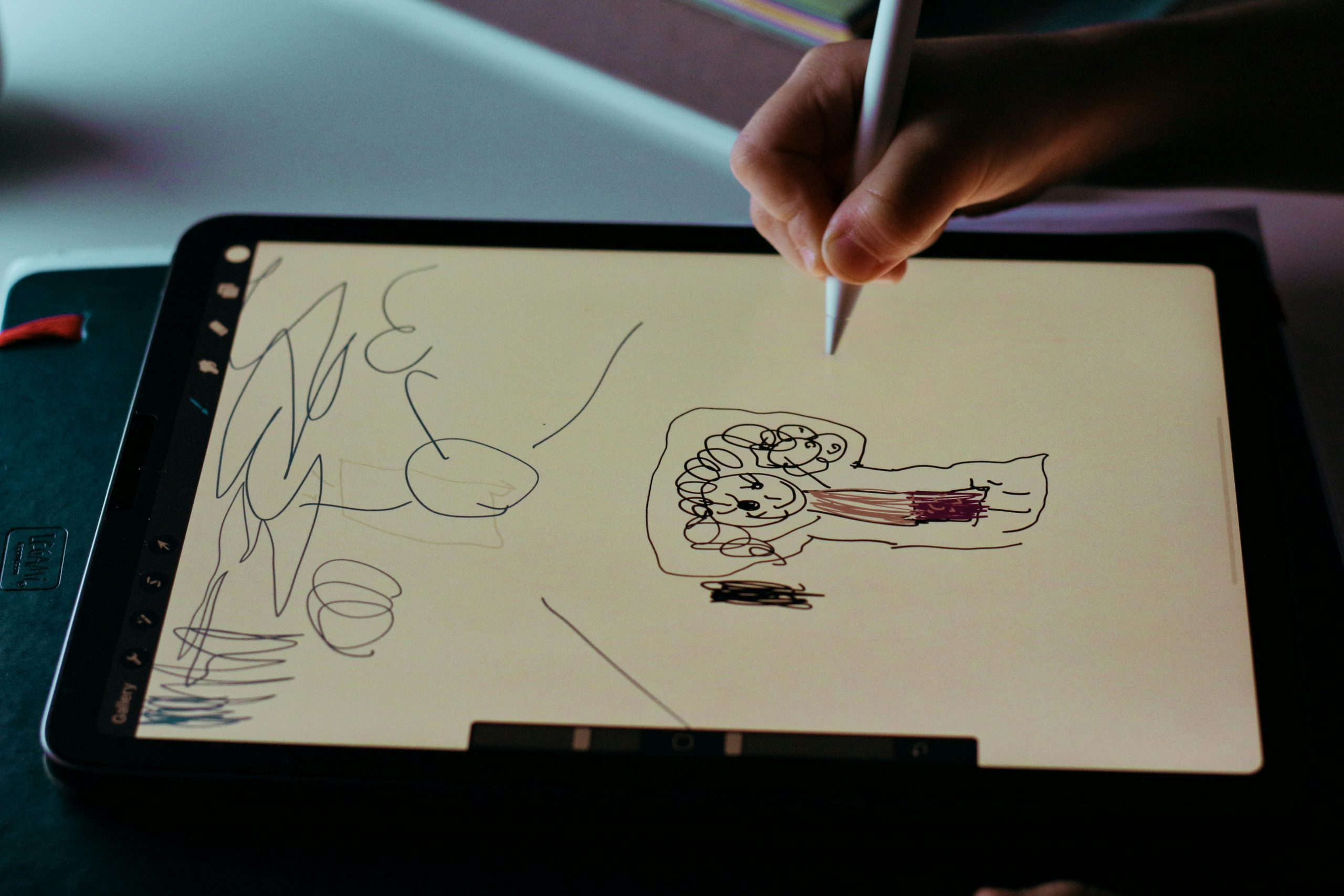Developing Adaptive Learning Mindsets
In today’s fast-paced and ever-changing world, the ability to adapt and learn constantly is crucial for success. Whether it’s in our personal or professional lives, having an adaptive learning mindset allows us to continuously grow and evolve as individuals. However, developing such a mindset is not always easy. This article will dive into what adaptive learning mindsets are, why they are important, and how we can cultivate them in our daily lives.
What are Adaptive Learning Mindsets?
An adaptive learning mindset is the belief that our abilities and intelligence are not fixed, but can be developed and improved through effort and experience. This concept, also known as a growth mindset, was first introduced by psychologist Carol Dweck in the 1990s through her research on motivation and achievement.
According to Dweck, individuals with adaptive learning mindsets view challenges and setbacks as opportunities for growth and learning. They embrace effort and persist in the face of obstacles, knowing that their intelligence and abilities can be developed through hard work and dedication.
Why are Adaptive Learning Mindsets Important?
The benefits of having an adaptive learning mindset are numerous. Here are a few key reasons why cultivating this mindset can have a positive impact on our lives:
1. Embracing Challenges and Growth
Individuals with adaptive learning mindsets are not afraid to take on challenges and try new things. They see mistakes and setbacks as learning opportunities and are not afraid to step out of their comfort zones to grow and develop.
These individuals also view themselves as a work in progress, constantly seeking ways to improve and grow. They are not limited by a fixed idea of their abilities, but rather see potential for growth and development in every aspect of their lives.
2. Increased Resilience and Persistence
Inevitably, we all face obstacles and setbacks in life. However, people with adaptive learning mindsets are better equipped to handle these challenges. They see failure as a temporary setback and are more likely to persevere and try again, knowing that their efforts and hard work will eventually pay off.
This resilient attitude not only helps individuals overcome challenges but also allows them to bounce back stronger and more determined than before.
3. Better Learning and Achievement
It’s not surprising that individuals with adaptive learning mindsets tend to have better learning outcomes and achieve more success in all areas of their lives. They have a positive and proactive attitude towards learning, leading to improved focus, motivation, and performance.
These individuals also see feedback and criticism as valuable tools for growth and improvement, ultimately leading to better learning and development.
How Can We Develop Adaptive Learning Mindsets?
While some individuals may naturally have a more adaptive learning mindset, it is a mindset that can be developed and cultivated over time. Here are a few ways we can develop adaptive learning mindsets:
1. Foster a Growth Mindset Culture
One of the most effective ways to develop adaptive learning mindsets is by creating a culture that celebrates growth and learning. This can be done in schools, workplaces, and even within families. Encouraging people to embrace challenges and take risks, while celebrating effort and growth, can greatly contribute to fostering an adaptive learning mindset.
2. Embrace Challenges and Setbacks
We often shy away from challenges and setbacks, fearing failure and embarrassment. However, facing these challenges head-on and learning from setbacks is an essential part of developing an adaptive learning mindset.
When faced with a difficult task, instead of giving up, approach it with a growth mindset. Embrace the challenge and use your efforts and experience to learn and improve.
3. Change Your Language and Self-Talk
The language we use can have a powerful impact on our mindset. Avoid using phrases such as “I’m not good at this” or “I can’t do this.” Instead, use more growth-oriented language such as “I haven’t mastered this yet, but I’m working on it” or “I’ll figure it out with time and effort.”
Similarly, our inner dialogue and self-talk can greatly influence our mindset. Pay attention to your thoughts and try to reframe them in a more positive and growth-oriented mindset.
4. Seek Feedback and Learn from Mistakes
Feedback and mistakes are valuable tools for growth and development. Learn to embrace them and use them as opportunities for improvement. Ask for feedback from others and be open to constructive criticism. When you make a mistake, reflect on what you can learn from it and how you can do better next time.
5. Celebrate Effort and Improvement
We often focus too much on the end result rather than the effort and progress we make along the way. Celebrate your efforts and progress, no matter how small they may seem. Recognize that every step towards growth and improvement is worth celebrating.
Conclusion
Cultivating an adaptive learning mindset takes time, effort, and dedication. However, the benefits of having such a mindset can greatly contribute to personal and professional growth and success. By embracing challenges, being resilient, and constantly seeking ways to improve and grow, we can develop an attitude that sets us up for continuous learning and success.











